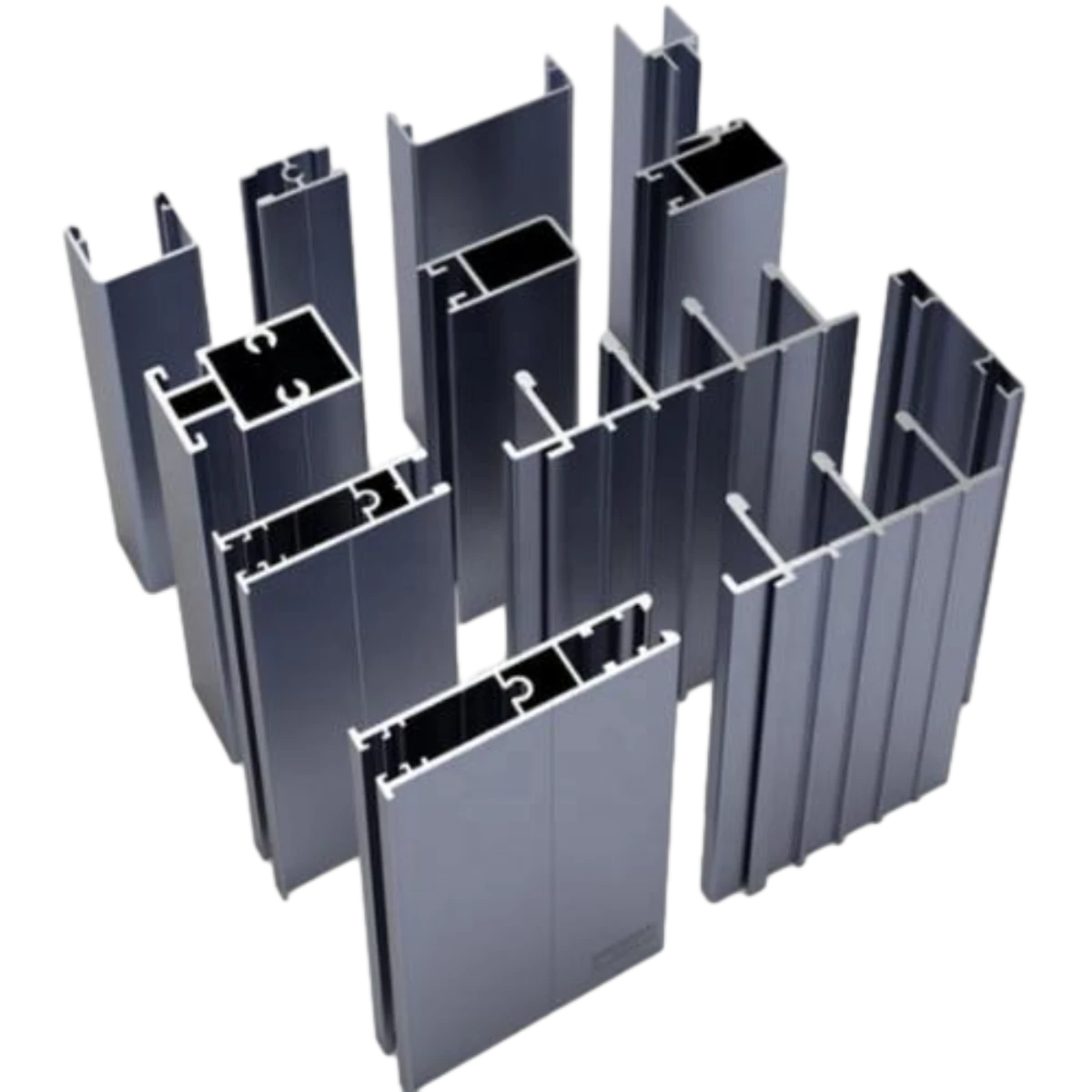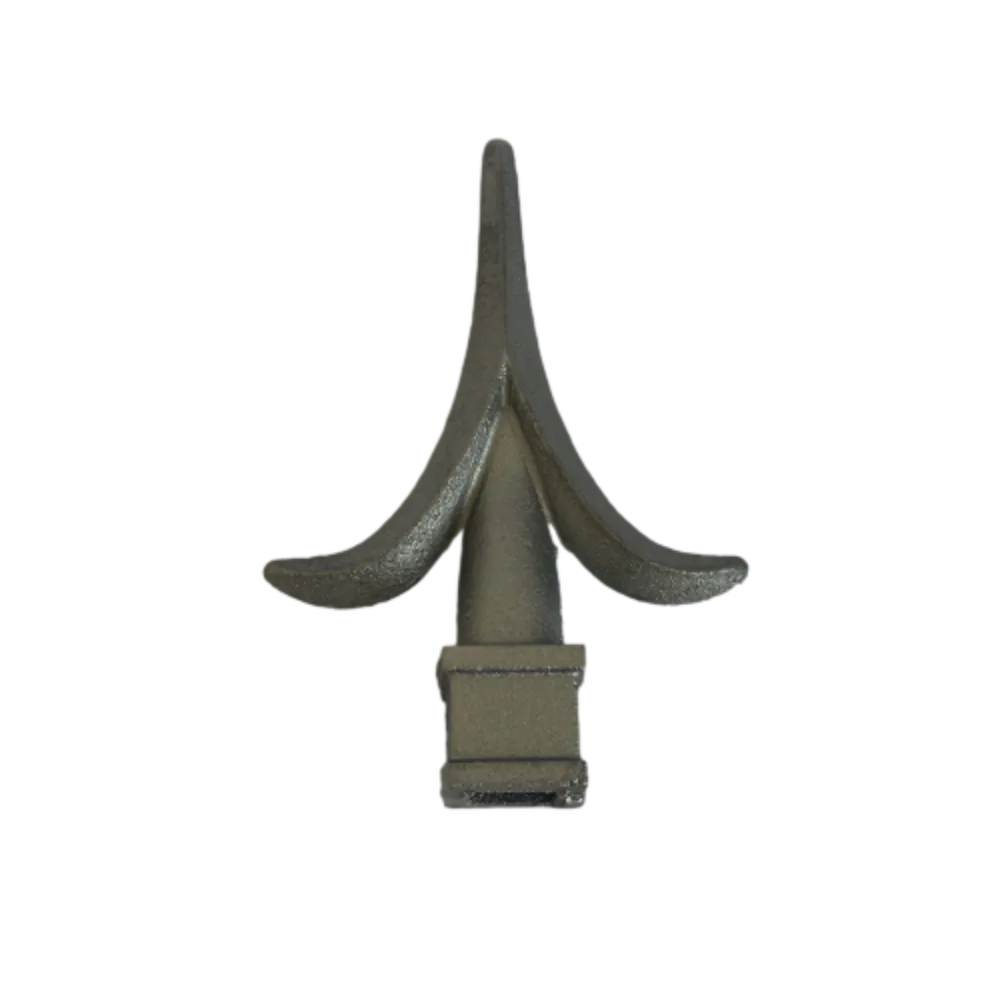Cast Iron Pipe and Fitting: A Reliable Solution for Construction and Infrastructure Needs
When it comes to ensuring the durability and efficiency of plumbing and infrastructure systems, cast iron pipe and fitting solutions stand out as one of the most trusted materials. From water supply to drainage systems, cast iron pipes have long been the preferred choice for construction projects. In this article, we will explore the various applications of cast iron pipe, their role in water supply and drainage, and the common types of cast iron pipes used in modern construction. Whether you're building a new infrastructure project or upgrading an existing system, cast iron pipe and fitting products provide reliable, long-lasting performance.
Applications of Cast Iron Pipes in Construction and Infrastructure
Cast iron pipes are widely used in both residential and industrial construction, playing an essential role in a variety of infrastructure projects. Their strength, resistance to corrosion, and longevity make them an ideal choice for applications that require reliable performance and low maintenance.
In large-scale construction projects, cast iron pipe and fitting systems are commonly used for sewer lines, waste systems, and stormwater management. The superior durability of cast iron pipes ensures that these systems can withstand the pressure and external forces that might be applied to them over time, such as soil shifting or environmental changes. Cast iron fittings, such as elbows, tees, and connectors, are designed to work seamlessly with the pipes, ensuring a secure and efficient system.
In addition to waste and drainage systems, cast iron pipe is also used in fire protection systems. Their ability to endure high temperatures and external pressure makes them a preferred choice for firewater supply lines and hydrant systems. The robustness of cast iron pipe and fitting solutions ensures that these critical infrastructure components will continue to function effectively during emergencies.
The Role of Cast Iron Pipes in Water Supply and Drainage Systems
The role of cast iron pipe in water supply and drainage systems is indispensable. For centuries, cast iron pipes have been used to transport both potable water and wastewater. Their versatility and resistance to corrosion make them ideal for handling the rigors of constant exposure to water, chemicals, and fluctuating temperatures.
In water supply systems, cast iron pipe is used to deliver clean drinking water from treatment plants to homes and businesses. The smooth internal surface of cast iron pipes minimizes friction, allowing water to flow efficiently without excessive pressure loss. Additionally, the strength of cast iron pipe ensures that it can withstand high-pressure environments, making it an excellent choice for both residential and industrial applications.
In drainage systems, cast iron pipe provides reliable solutions for both stormwater management and wastewater removal. Their corrosion resistance is crucial in environments where the pipes are exposed to moisture or chemicals over time. Whether for residential or commercial drainage systems, cast iron pipe and fitting solutions offer secure and long-lasting performance, reducing the risk of leaks or failure. Moreover, cast iron soil fittings are specifically designed for underground use, ensuring a leak-proof and reliable connection that can endure environmental pressures.
Common Types of Cast Iron Pipes
When selecting cast iron pipe and fitting systems, it's important to understand the different types of cast iron pipes available and their specific uses. The most common types of cast iron pipes used in plumbing and construction are gray cast iron pipes and ductile iron pipes, each offering distinct advantages.
Gray cast iron pipes are the traditional choice for many plumbing applications. Known for their excellent castability, gray cast iron pipes are strong and resistant to corrosion. Their ability to absorb vibrations makes them particularly useful in areas with heavy traffic or industrial environments. Gray cast iron pipes are widely used in sewage and drainage systems, offering long-term reliability in harsh conditions.
Ductile iron pipes, on the other hand, offer greater flexibility and strength compared to gray cast iron pipes. Ductile iron is made by adding small amounts of magnesium to the cast iron, which transforms the structure of the iron, making it more ductile and resistant to cracking. This makes ductile iron pipes ideal for high-pressure water systems, including water supply lines, as they can handle greater stress and movement without breaking. Ductile iron pipes are also widely used in large-scale infrastructure projects and are the go-to choice for municipal water systems.
Both gray cast iron pipes and ductile iron pipes can be used with cast iron fittings, providing secure and reliable connections. However, the choice of pipe depends on the specific needs of the project, such as the expected pressure, the type of fluid being transported, and environmental conditions.
Benefits of Cast Iron Pipe and Fittings
There are several reasons why cast iron pipe and fitting systems continue to be popular in the construction and infrastructure industries. One of the key benefits is their strength and durability. Cast iron pipes can withstand significant physical stress, external pressure, and impact, making them ideal for underground installations where pipes may be exposed to shifting soil or heavy loads.
Another major advantage of cast iron pipe and fitting solutions is their resistance to corrosion. Unlike materials like copper or PVC, cast iron pipes do not degrade or corrode easily, even when exposed to moisture and harsh chemicals over time. This natural corrosion resistance ensures that cast iron pipe systems maintain their structural integrity and performance for many years with minimal maintenance.
Cast iron pipes also provide superior noise reduction compared to other materials like plastic or steel. The dense nature of cast iron absorbs sound, reducing noise from water flow and minimizing vibration. This makes cast iron pipe an excellent choice for both residential and commercial applications where noise reduction is important.
Lastly, cast iron pipe systems are cost-effective over the long term. While the initial cost of cast iron fittings and pipes may be higher compared to other materials, their durability and longevity translate into fewer repairs and replacements over time. This makes cast iron pipe and fitting systems a wise investment for both residential and industrial plumbing projects.
Cast iron pipe and fitting solutions continue to be a reliable and trusted choice for construction, infrastructure, and plumbing projects. Whether for water supply, drainage systems, or fire protection, cast iron pipes offer strength, durability, and corrosion resistance that ensure long-term performance. With different types of cast iron pipes, such as gray cast iron pipes and ductile iron pipes, and a wide variety of cast iron fittings and cast iron soil fittings, you can be assured that your plumbing system will be secure and efficient. Choose cast iron pipe and fitting products for a cost-effective, low-maintenance, and reliable solution to your plumbing needs.
-
Plough Wheel Cast Iron Material Enhances Load-BearingأخبارNov.10,2025
-
Cast Iron Cooking Stove Heat Retention Ensures Even Food HeatingأخبارNov.10,2025
-
Rubber Strip Shock Absorption Protects Window EdgesأخبارNov.10,2025
-
Aluminum Profiles High Corrosion Resistance Suits Coastal AreasأخبارNov.10,2025
-
Window Handle Aluminum Material Ensures Lightweight DurabilityأخبارNov.10,2025
-
Sliding Roller Plastic Housing Fits Aluminum Sliding WindowsأخبارNov.10,2025
-
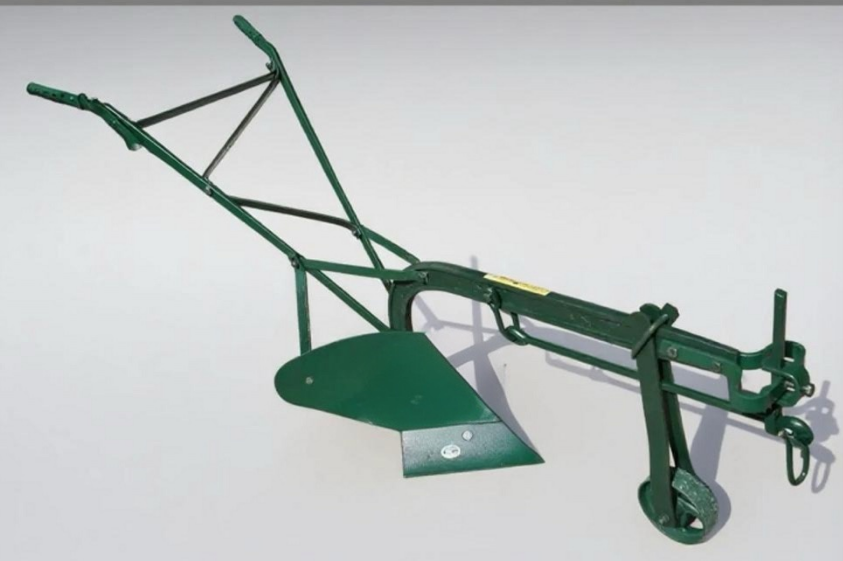 Plough Wheel Cast Iron Material Enhances Load-BearingNov-10-2025Plough Wheel Cast Iron Material Enhances Load-Bearing
Plough Wheel Cast Iron Material Enhances Load-BearingNov-10-2025Plough Wheel Cast Iron Material Enhances Load-Bearing -
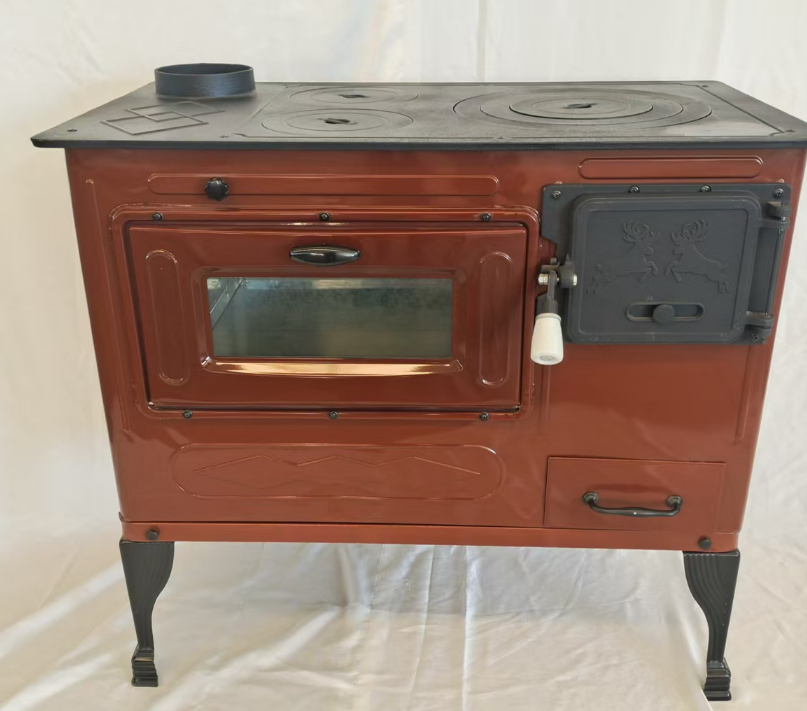 Cast Iron Cooking Stove Heat Retention Ensures Even Food HeatingNov-10-2025Cast Iron Cooking Stove Heat Retention Ensures Even Food Heating
Cast Iron Cooking Stove Heat Retention Ensures Even Food HeatingNov-10-2025Cast Iron Cooking Stove Heat Retention Ensures Even Food Heating -
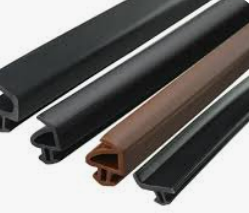 Rubber Strip Shock Absorption Protects Window EdgesNov-10-2025Rubber Strip Shock Absorption Protects Window Edges
Rubber Strip Shock Absorption Protects Window EdgesNov-10-2025Rubber Strip Shock Absorption Protects Window Edges





